May 31, 2025 | 16:32 GMT +7
May 31, 2025 | 16:32 GMT +7
Hotline: 0913.378.918
May 31, 2025 | 16:32 GMT +7
Hotline: 0913.378.918

Sin Ho honey has delicious quality and is well received by consumers. Photo: HD.
Implementing Resolution 07 of the People's Council of Lai Chau province on the policy of developing concentrated commodity agriculture, by the end of 2022, Nam Tam commune (Sin Ho district) will deploy a model of beekeeping for honey for households in the area. As a result, the bees always develop well, giving a stable income for the local people.
Mr. Tao Van Keo, living in Pau village, Nam Tam commune, was supported with 31 boxes of honey bees according to Resolution 07 of the People's Council of Lai Chau province. After the care period, the bee colony has grown to 34 boxes and now the family continues to prepare new boxes to develop the bee colony.
Like other households participating in the sharing model, beekeeping is not difficult, except for cold prevention and control in winter and supplementary feeding at the end of the season from August onwards. In particular, Sin Ho has flowers from the family's fruit garden as well as in the village, so it is not only convenient for the bees to develop, but also helps farmers have more time to develop their economy.
Mr. Tao Van Keo, Pau village, Nam Tam commune confided that after participating in the model, he saw that the bee colonies developed well. Mr. Keo also wishes to continue to participate in training courses on beekeeping techniques to bring more economic benefits to his family.
Following Resolution 07 of the People's Council of Lai Chau province, households participating in the model are supported with VND 700,000 per barrel. Thanks to good care and cold prevention, the bee colony has always grown stably. Some households have separated the colony to replicate the model.
Harvesting honey brings a high income for the people. This is also one of the projects that are expected to bring economic efficiency and contribute to sustainable poverty alleviation for people in Nam Tam commune.
Mr. Nguyen Vu Duc Trung living in Pau village, Nam Tam commune said that beekeeping is not hard, but have to take great care of preventing bees from drawing and hunting, as well as following up the bees' need to separate the herd immediately when they have grown. Separation operations should be done gently, avoiding bees fighting and destabilizing the flock.
When raising, farmers must focus on farming techniques from choosing a location, creating a lord to harvesting honey. Since then, the bee colony has grown and developed well, with few diseases, increased honey production, and high economic efficiency.
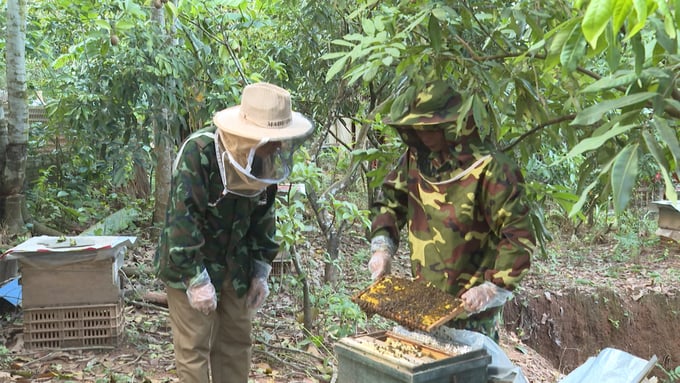
Local people are taught beekeeping techniques. Photo: VV.
Mr. Tao Van Pinh, a civil servant of agricultural cadastral Nam Tam commune, said that in order to implement effectively, we have reviewed households in need to deploy support. Over a period of time, the honey beekeeping model has always developed well. After success, the commune continued to replicate the model to other households in the area.
In order for the bee colony to develop, people draw experience from properly packing beekeeping containers, maintaining 1 queen bee and raising 3 - 4 hives. From February to March, when it is warm, people multiply the herd by using young larvae to make queen cells, after the queen cells are 9-10 days, proceed to separate the herd.
Nam Tam has the advantage of a suitable climate for honey bee farming, especially rich in fruits from concentrated fruit trees. This is a source of pollen for bees to make honey, and also helps households to take care of and replicate the model.
In particular, the households participating in the model mainly reared in the family's fruit garden, so it is very convenient for monitoring and care. This is a model with low costs and favorable output, so it is easy for people to implement, especially for poor households in the area.
Mr. Lo Van Sau, the Chairman of Nam Tam Commune People's Committee, said that last year, the commune has built a plan according to Resolution 07 of the Provincial People's Council to the villages and hamlets and received very great support from local people. And through the implementation, people also registered to keep bees according to the resolution 07 of the province, currently 11 households have been supported with 314 nests that are developing very well. Through monitoring, people harvested a lot of liters of honey throughout the year.
According to the Agricultural Service Center of Sin Ho district, in order to effectively implement the beekeeping model for honey, the center sends professional staff to the villages to propagate and mobilize people to participate, thereby selecting the households who are enthusiastic about beekeeping to support.
In the coming time, the center will continue to coordinate and guide people on beekeeping techniques, and at the same time help people increase their flocks, thereby helping people improve their income.
Quality makes a brand, and as a result, now Sin Ho honey products are harvested wherever there are buyers with a stable price of VND 150,000/liter.

The model of beekeeping for honey creates livelihoods for people in the highlands of Sin Ho (Lai Chau). Photo: HD.
Up to now, the model of beekeeping for honey has created opportunities for Sin Ho people to access new techniques, gradually eradicating the practice of spontaneous beekeeping to reduce the spread of diseases on bee colonies. Thereby, contributing to improving the efficiency of agricultural production, especially the cropping industry, by bees pollinating flowers.
In addition, the models of beekeeping for honey have helped local farmers have a mindset of producing high-quality agricultural products, commodity agriculture, and meeting market demand to help develop the family economy and business, as well as the sustainable local economy.
Currently, in Lai Chau province, beekeeping for honey is becoming a profession, a potential economic development direction of many localities and households. In districts that are focusing on developing beekeeping, cooperatives have boldly linked people to make honey products that meet 3-star OCOP standards.
Mr. Dong Van Liet, the Chairman of Sin Ho District People's Committee, said that the Party and State continue to have many investment guidelines and policies to support economic and social development for mountainous areas and ethnic minority areas. Specifically and directly, is the leadership and direction of the Provincial Party Committee, the People's Council, the People's Committee of Lai Chau province with the effective and timely coordination and assistance of the departments, branches and mass organizations in the province.
Party committees, authorities, Fatherland Front, political and social organizations and people of all ethnic groups in Sin Ho district always promote the tradition of solidarity, overcome difficulties and are determined to successfully carry out the main tasks of the district.
Thereby, the socio-economic situation of Sin Ho district continues to develop, the material and spiritual life of the people continues to be improved, the political security situation, social order and safety have also improved, moreover, the stability of the national border sovereignty is maintained, infrastructure is interested in investment, abundant natural resources, favorable for the development of agriculture, forestry, services, tourism... in which , takeaway beekeeping also contributes greatly to this stable development.
According to Resolution No. 07/2021/NQ-HDND dated March 22, 2021 of the People's Council of Lai Chau province, stipulating the policy of developing concentrated commodity agriculture in the period of 2021 - 2025 with the content of supporting beekeeping. This is a condition for districts and cities to encourage the establishment and attract cooperatives to invest, link farming, and purchase honey products... Currently, people in the province have grown to nearly 10,000 Bee boxes that bring high economic value.
Translated by Bao Ngoc
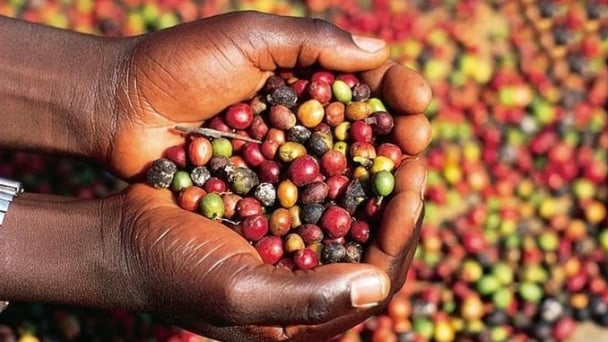
(VAN) Coffee prices on May 29, 2025, are fluctuating. The domestic coffee market declined, dropping by VND 2,200, trading at VND 119,700 – VND 120,000/kg.
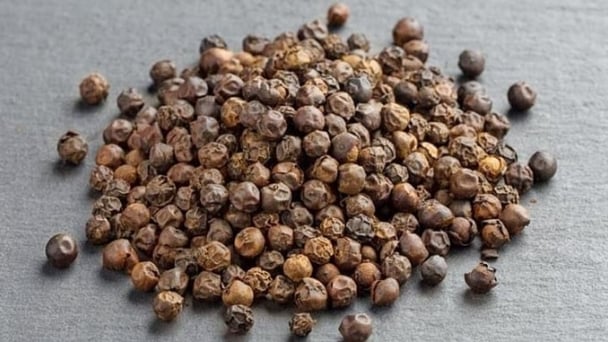
(VAN) Pepper prices on May 29, 2025 declined sharply. Domestic pepper prices in Vietnam remain stable, Trading at VND 147,000 to VND 148,000/kg.
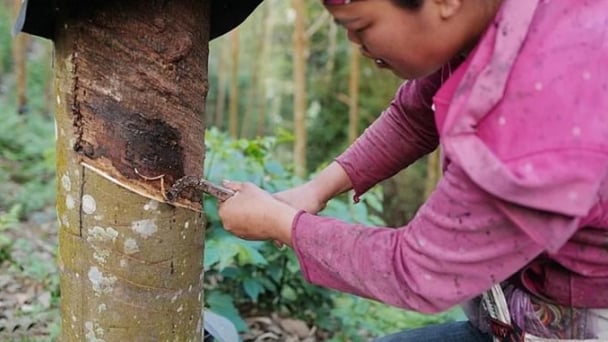
(VAN) Rubber prices on May 28, 2025 are maintaining an upward trend. Domestic latex prices remain stable, trading in the range of VND 397 to VND 462/TSC.
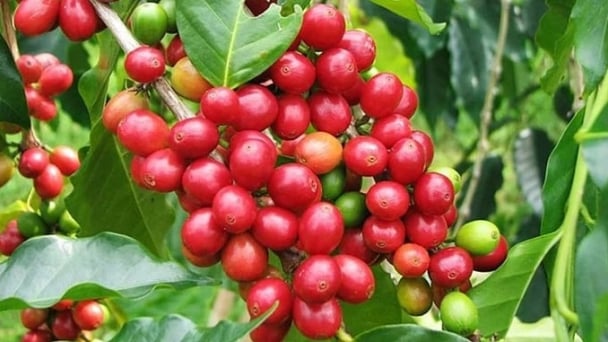
(VAN) Coffee prices on May 28, 2025, show mixed movements. Domestically, prices dropped sharply by VND 1,600, trading at VND 121,700 – VND 122,200/kg.
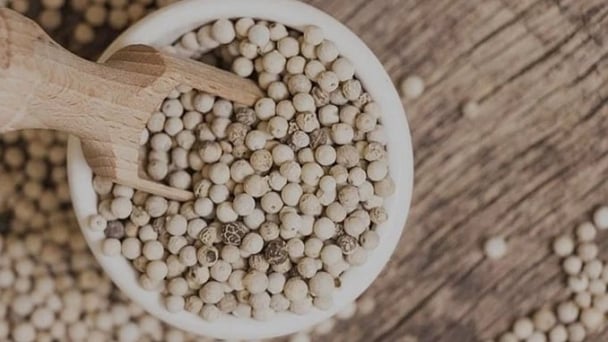
(VAN) Pepper prices on May 28, 2025, remained unchanged globally. Domestic pepper prices have increased by VND 1,500, trading at VND 147,000 – VND 148,000/kg.
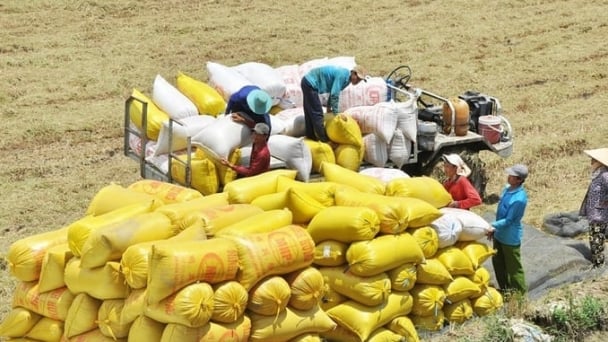
(VAN) Rice prices on May 27, 2025, show no new changes for both paddy and milled rice. Meanwhile, Vietnam’s export rice prices continue to remain flat.
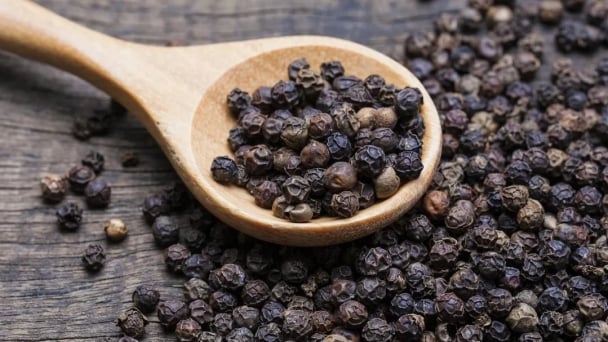
(VAN) Pepper prices on May 27, 2025, recorded a slight increase in Indonesia, while domestic prices remain stable, trading at VND 146,000 to VND 147,000/kg.